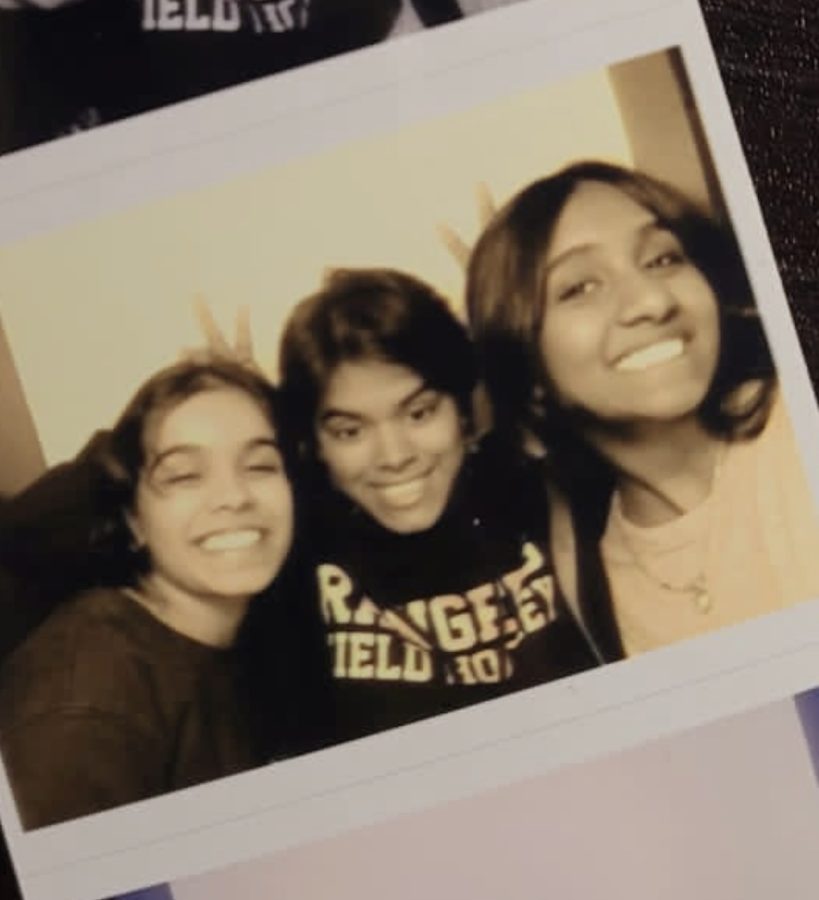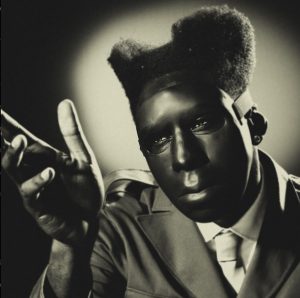My Life as the Quiet Girl
June 16, 2023
“We are going to start the partner activity today,” my teacher says cheerfully, “And this time, you can choose your own partners!” No, why? Just choose our partners for us. Excited chatter fills the room as some students even cheer. All my classmates start moving around to find their friends. They call each other over, scraping the floor as they move their desks together.
My heartbeat speeds up, yet everyone around me seems to be moving in slow motion. I can feel the pressure building up in my head, and I can feel my heart thumping all the way in my ears. My vision is hazy, the lights seem brighter than they were just five minutes ago. You’re being so dramatic right now, just get up and ask to be someone’s partner. It’ll be more embarrassing if the teacher has to choose one for you.
But my body doesn’t budge. My feet are glued to the ground. My jaw feels as though it’s wired shut. The only things that move are my eyes, frantically darting around, hoping to grab someone’s attention. Hoping they would sense the message I was attempting to deliver telepathically–rather than just see the tears that were forming in my eyes. I didn’t have any friends in this class, I barely had any friends at all.
This was my life for years. Classmates would whisper: Does she even speak? I have never heard her voice. Is she special? Group projects, presentations, ordering food, meeting new people, anything at all that required me to speak to someone I wasn’t already familiar with, was a terrifying experience. I would make an effort to contribute to an ongoing conversation but was always held back by the same thoughts. You’re going to say something stupid. They already think you’re weird. You’re just going to mess up like you always do. They always moved too fast for me to keep up and voice my opinion. By the time I mustered up the courage to speak up and share my thoughts, the group discussion would have already switched to a different topic.
As an immigrant, it was already tough for me to fit in. I moved to America from India at a young age, which gave me more time to get accustomed to the “American culture”; however, it was still a challenging task. I had to learn to speak English to communicate with others as well as help my parents. At school, bringing my Indian food was embarrassing. It didn’t smell the same as pizza or nachos and it didn’t look the same either. As we got older, my classmates started to realize I was different. I didn’t look the same as them and they started to cast me out. The other girls wouldn’t sit next to me. They would make disgusted faces when I talked to them. They would even blatantly ignore me. Over time, I began to devolve into the shadows. It was easier to stay quiet than to try to interact and get rejected.
When Covid hit, many students loathed the remote learning portions. On the contrary, for me, it was paradise. I had no responsibility to be social, to communicate with other students, or even to be looking at their faces. However, my utopia came to an end when I returned to school in person for eighth grade. I realized I had exactly one friend in my grade, and she wasn’t in any of my classes. Making new friends was out of the question. My classmates already had their friend groups made throughout middle school and attempting to enter one of them would be impossible. I spoke so little during the school day that my jaw would physically hurt when I opened my mouth to finally speak at home.
Last year when my family moved to Westborough, I promised myself it would be different from the other times I had moved. This time, I wouldn’t allow myself to be cast into the shadows, forgotten and alone. My first day, I had surprisingly already made a new friend. I hung out with her during lunch, during break, and after school. She made me feel comfortable and safe. Little by little, I began to open up. I found a group of friends whom I was able to be myself around. I became more confident in my personality and my ability to express my thoughts or emotions.
Today, I can walk down the hallway and wave or smile at people I know. I can turn and make small talk with my tablemates in class. The frustrating barrier of mental blocks has deteriorated. Well, mostly. Some days are not good days. On those days, I end up feeling stuck and alone, as if Ursula had taken my voice along with Ariel’s. However, without the bad days, I wouldn’t understand how wonderful the good days are. I am grateful for being able to overcome the mental obstacles and the experience that has built me into who I am today.








Kaitlyn T • Jan 9, 2024 at 2:07 pm
As WHS Alum who loved journalism I wanted to comment because I am so impressed with this article! Being able to publish a piece where you are vulnerable is so difficult especially in high school and I think this is so well written. Great job Sunaina!